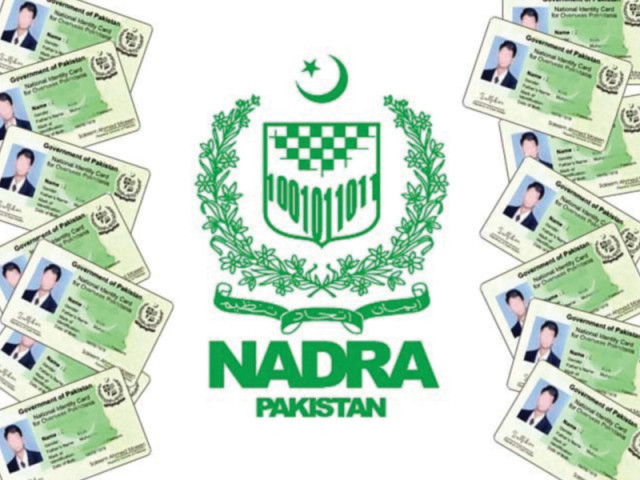Smart card project: Court restrains NADRA from awarding contract
Issues notice to bidding firms on an intra-court appeal.

Court restrains NADRA from awarding contract for production of 20 million smart cards. PHOTO: CREATIVE COMMON
A local court on Monday restrained the National Database and Registration Authority (NADRA) from awarding the contract for the production of 20 million smart cards.
The order came in response to a petition filed by a private Karachi-based firm accusing the authority of favouritism.
On October 9 Justice Shaukat Aziz Siddiqui of the Islamabad High Court (IHC) had dismissed the appellant’s plea. However the petitioner through his counsel Ashtar Ausaf filed an intra-court appeal against the single bench decision alleging that the contract awarding process was not transparent.
The two-judge bench, comprising Justice Riaz Ahmed Khan and Justice Noorul Haq Qureshi, admitted the appeal and issued notices to the bidders including Oberthur Technologies Pakistan, Huawei, ZTE and Advance Global Communication. The court sought their reply on the next fearing date to be fixed by registrar office later.
In 2012 NADRA launched a chip-based smart card project with over 36 physical security features uses the latest encryption codes making it one of the safest in the world.
The petitioner’s counsel contended that the process for awarding the project contract was non-transparent. Citing NADRA’s ‘request for proposal (RFP)’ regarding the tender, the counsel informed the court that it aimed at favouring certain firms in violation of the procurement rules.
He informed the court that the interior ministry and the authority’s procurement director on March 7, 2013, had floated the tender for the procurement of two smart card personalization machines and 30 million polycarbonate-based smart ID cards.
He informed the court that NADRA then issued a corrigendum on March 19 whereby the quantity of the smart cards was reduced from 30 million to 20 million. Thereafter, the authority issued an RFP, which according to the petitioner, was biased non-transparent, unascertainable, incomplete, including the requirements of proprietary, designed to favour particular parties.
He argued that under the procurement rules, the stipulated time for any clarification about the process of an international tender is 30 days. In this case, the authority had issued a clarification in less than a couple of weeks.
“The way financial evaluation formula was devised it was also against the requirement of NADRA mandate, which ensures clear, transparent and open bidding process,” he added. He requested the court to declare the tender process as discriminatory, arbitrary, unlawful and illegal.
According to a press release issued by deputy director of NADRA that IHC has only ordered that status quo be maintained till final disposal of the appeal. This means that all parties shall maintain today’s position on ground regarding procurement of smart cards by NADRA. Position shall remain standstill unless the status quo order is vacated earlier.
“Neither issuance of the smart NIC challenged nor any stay order was passed regarding that”.
Published in The Express Tribune, October 29th, 2013.



















COMMENTS
Comments are moderated and generally will be posted if they are on-topic and not abusive.
For more information, please see our Comments FAQ